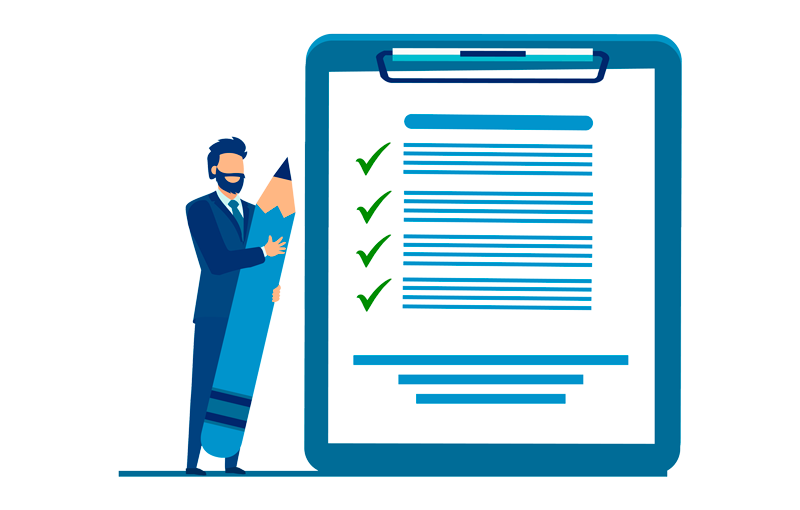TimeWellScheduled
HR Suite
TimeWellScheduled offers a suite of HR Suite, designed as an add-on to the base TimeWellScheduled service. These Suite provide advanced capabilities to manage various aspects of human resources effectively.




1. Employee Training
Enhance your workforce’s skills with our Employee Training module. Create and manage training groups, track due dates and reminders, and facilitate online completion and sign-off by employees. A robust system ensures your team stays ahead in their professional development.

2. Employee Assets
Keep track of company assets efficiently. Our asset tracking module allows you to track
-
- fixed assets – these assets you can assign when the employee starts like t-shirts and a laptop
- in/out assets – these assets are flagged out when the employee starts their shift and returned at the end. You know exactly who has what on the floor right now and the past history of each asset.
This feature ensures a clear overview of all company assets and their current holders.

3. Employee Notes

4. Employee Files
Organize and store employee-related documents securely. Whether it’s signed agreements or important personal documents, this module helps maintain an orderly and accessible filing system.

5. Banked Hours
This module provides a versatile approach to time management.

Get Started To activate these HR Suite for your organization, please reach out to our support team for assistance.

Frequently Asked Questions
Why track employee banked hours?
Tracking employee banked hours is important for several reasons:
Compliance with Labor Laws: It ensures compliance with labor laws regarding overtime and compensatory time off.
Accurate Compensation: Helps in accurately compensating employees for overtime work, either through additional pay or compensatory leave.
Resource Management: Aids in effective workforce planning and resource management by monitoring the accumulation and use of extra work hours.
Transparency and Fairness: Provides transparency and fairness in managing extra hours worked by employees.
Financial Planning: Assists in financial planning by providing clear records of owed time or additional compensation.
What is meant by asset tracking?
Asset tracking refers to the method of tracking physical assets, either by scanning barcode labels attached to the assets or by using tags that broadcast their location. It is used to:
- Keep Track of Physical Assets: Knowing where assets are located and how they are being used.
- Prevent Loss or Theft: Reducing the risk of losing assets or preventing theft.
- Manage Inventory: Keeping track of asset quantities, thus aiding in inventory management.
- Maintenance Scheduling: Ensuring timely maintenance and reducing downtime.
- Optimize Asset Usage: Enhancing efficiency by ensuring assets are used effectively and not lying idle.
How do you calculate banked hours?
Calculating banked hours typically involves the following steps:
- Determine Overtime Hours: Identify the hours an employee has worked beyond their regular work hours, as defined by the company policy or labor laws.
- Apply Company Policy: Follow the company’s specific policy on banking hours. Some companies may allow a 1:1 conversion (one hour of overtime equals one banked hour), while others might use a different rate.
- Record and Accumulate: Keep a record of these extra hours and accumulate them in the employee’s ‘banked hours’ account.
- Monitor and Use: Employees can then use these banked hours for taking time off in the future, as per company policies and agreements.
The exact method can vary depending on local labor laws and the specific policies of the organization.
Let's Work Together!
Don't waste another minute - Try our 30 day trial.

